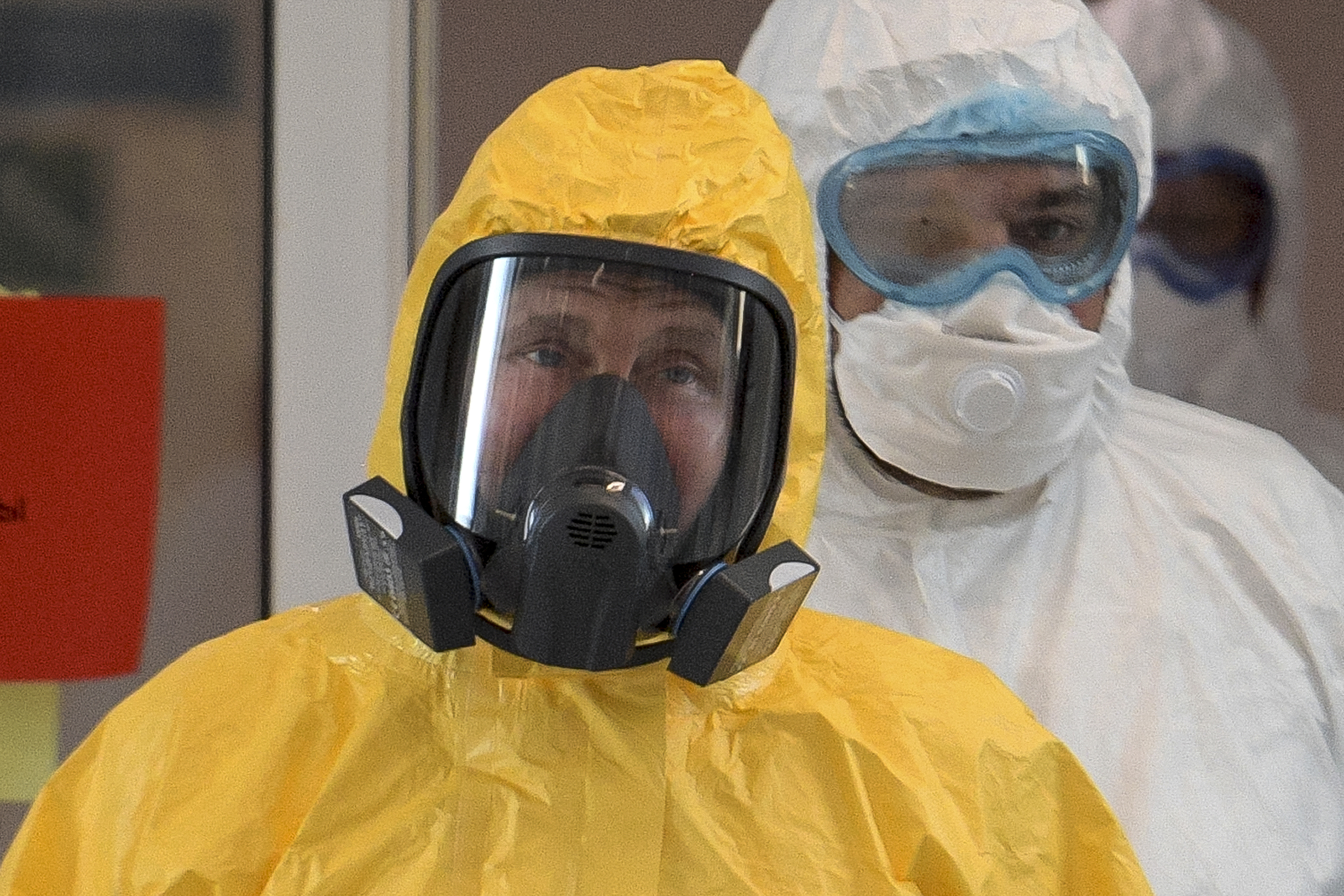Lies in the time of COVID19 – V

With the spread of COVID-19 impacting the world, the United States Agency for Global Media and its networks have remained committed to providing accurate and unbiased information about the coronavirus, clarifying any misinformation, and exposing disinformation related to the pandemic.
Conspiracy theories
Voice of America continued its coverage of the impact of conspiracy theories, reporting on the latest incident of a 5G telecom tower burned in the Netherlands due to the mistaken belief that the coronavirus is linked to this new technology. VOA also reported on extremists’ use of the pandemic to promote conspiracy theories, recruit new followers, and plan attacks across the U.S., as well as on their alleged hacking and publication of over 25,000 emails and passwords belonging to the WHO, the U.S. National Institutes of Health, CDC, and the World Bank.
In her Home Social Distancing Talk Show, VOA’s Ksenia Turkova interviewed Ilya Yablokov, professor of Russian media and politics at the University of Leeds, about the prominence of coronavirus-related conspiracy theories in Russia.
RFE/RL’s Russian Service produced a report on conspiracy theories – around the world as well as in Russia – and featured a discussion of the reasons for anti-lockdown protests in Russia as part of its weekly Hands of Time show.
Countering Disinformation
VOA’s Polygraph.info featured several stories debunking coronavirus-related disinformation from around the world. The Service fact-checked a misleading and inaccurate report by RT suggesting that the U.S. has been confiscating facemasks and other health equipment shipments, which allegedly led to Peru not disclosing the flight path of a shipment bound for the country. Polygraph ran reports on a questionable device released by the Iranian Revolutionary Guards that can purportedly detect the coronavirus by generating a magnetic field and a claim by a famous Russian doctor and TV host suggesting that children do not get ill or die from the coronavirus—which is false.
RFE/RL’s Central Newsroom as well as its Russian Service covered the release of the most recent report from the European External Action Service (EEAS), which found a convergence of themes in the disinformation originating in Russia, China, and Iran. The Russian Service also featured an article analyzing China’s disinformation campaign in Europe and demonstrating the ways in which it has been borrowing from Russia’s traditional playbook.
The Georgian Service sought to shed light on Russian disinformation in the country by featuring a major report by Myth Detector – an anti-disinformation group in the country – that found Russian involvement in online efforts to promote anti-American and anti-EU narratives in the country during the pandemic. The Bulgarian Service clarified a widely shared analysis by a young mathematician that was largely misinterpreted by many to mean that it was safe to ignore stay-at-home orders and get out. The Service interviewed the mathematician, who explained his approach and the ways in which it was misinterpreted, garnering over 50,000 reads on the site and a high level of engagement on the Service’s Facebook page.
Radio Free Asia reported on North Korean authorities telling its citizens in late March that there were confirmed cases of coronavirus in the country, while officially claiming that it remains free of the epidemic.
RFA also covered Reporters Without Borders’ recent warning about Beijing’s global disinformation campaign related to the coronavirus as well as a lawsuit filed by a local resident against Hubei provincial authorities and the Wuhan municipal government accusing them of covering up the fact that the coronavirus could be easily transmitted between humans.
Restricting press freedom
VOA also continued to report on how authoritarian governments are using the pandemic as an excuse to further restrict press freedom around the world, with a special report from Kyrgyzstan and an episode of Plugged in with Greta Van Susteren dedicated to the topic.
RFERL’s Russian Service also highlighted the reality of many Russian journalists, including RFE/RL freelancer Svetlana Prokopyeva, threatened by local authorities for their coverage of the pandemic and the challenges facing their communities.
From Vietnam, the Radio Free Asia reported on Facebook’s decision to give in to the government’s demand to censor the platform, which coincided with hundreds of people called in for questioning about coronavirus-related posts they wrote on Facebook.
